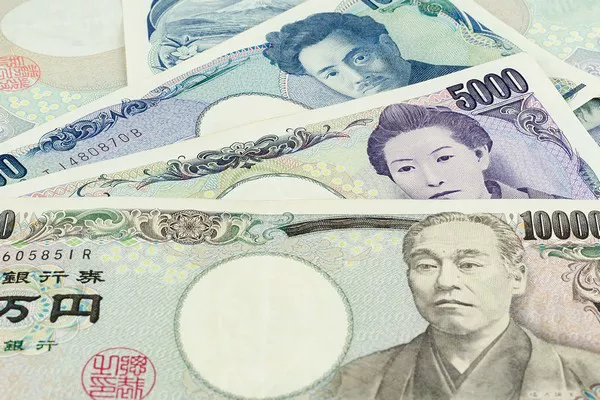Currency, as a medium of exchange, plays a fundamental role in facilitating transactions and economic activities. However, questions often arise regarding the validity and expiration of banknotes and coins issued by central banks. In this article, we explore the topic of whether Japanese yen, the official currency of Japan, expires, examining the policies and practices surrounding the lifespan of yen banknotes and coins.
Overview of Japanese Yen:
The Japanese yen (JPY) serves as the official currency of Japan, issued and regulated by the Bank of Japan (BOJ).
Yen banknotes and coins are denominated in various denominations, including 1,000 yen, 5,000 yen, and 10,000 yen for banknotes, and 1 yen, 5 yen, 10 yen, 50 yen, 100 yen, and 500 yen for coins.
Yen banknotes feature iconic Japanese landmarks, historical figures, and cultural motifs, while coins bear distinct designs and materials.
Lifespan of Banknotes and Coins:
A. Banknotes:
The lifespan of yen banknotes varies depending on factors such as denomination, circulation volume, and physical condition.
Higher denomination banknotes, such as 5,000 yen and 10,000 yen, tend to have longer lifespans due to lower circulation rates and less frequent handling.
Banknotes that become damaged, torn, or excessively worn may be withdrawn from circulation and replaced by new banknotes issued by the BOJ.
While there is no official expiration date for yen banknotes, damaged or defaced banknotes may be refused by businesses and financial institutions.
B. Coins:
Yen coins are generally more durable than banknotes and have longer lifespans.
The lifespan of coins varies depending on factors such as material composition, denomination, and circulation volume.
Higher denomination coins, such as 100 yen and 500 yen, tend to have longer lifespans due to their lower circulation rates.
Coins that become worn, corroded, or damaged may be withdrawn from circulation and replaced by new coins minted by the Japan Mint.
Currency Replacement and Redeemability:
The BOJ and Japan Mint regularly monitor the condition of banknotes and coins in circulation and replace damaged or worn currency as needed.
Individuals and businesses can exchange damaged or defaced yen banknotes and coins at designated bank branches and financial institutions.
The BOJ and Japan Mint provide guidelines and procedures for the exchange and redemption of damaged or unusable currency to ensure the integrity and reliability of Japan’s currency system.
Legal Tender Status:
Yen banknotes and coins issued by the BOJ are legal tender in Japan, meaning they must be accepted for payment of debts, goods, and services.
However, businesses and financial institutions have the discretion to refuse damaged or defaced currency if it is deemed unfit for circulation.
In cases where currency is refused, individuals may exchange damaged or defaced banknotes and coins for new currency at designated exchange locations.
Counterfeit Prevention and Detection:
The BOJ and Japan Mint employ various security features and measures to prevent counterfeiting and ensure the integrity of yen banknotes and coins.
Security features include watermarking, security threads, holographic elements, and microprinting, among others.
Businesses and individuals are encouraged to familiarize themselves with these security features to detect counterfeit currency and protect against fraud.
Public Awareness and Education:
The BOJ and Japan Mint conduct public awareness campaigns and educational initiatives to inform the public about the security features, proper handling, and exchange procedures for yen banknotes and coins.
Educational materials, including brochures, websites, and informational videos, are available to help individuals and businesses understand their rights and responsibilities regarding currency exchange and redemption.
International Considerations:
While yen banknotes and coins are legal tender in Japan, their acceptance and exchangeability may be limited or subject to restrictions outside of Japan.
Travelers should familiarize themselves with the currency regulations and exchange policies of their destination countries to ensure a smooth and hassle-free experience when using yen banknotes and coins abroad.
See Also: Where is the Best Place to Sell Japanese Yen?
Conclusion:
Japanese yen banknotes and coins do not have an official expiration date but may be withdrawn from circulation if they become damaged, worn, or defaced.
The Bank of Japan and Japan Mint regularly monitor and replace damaged currency to maintain the integrity and reliability of Japan’s currency system.
Individuals and businesses can exchange damaged or unusable yen banknotes and coins at designated exchange locations, ensuring continued access to reliable currency for transactions and economic activities.


